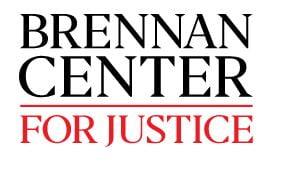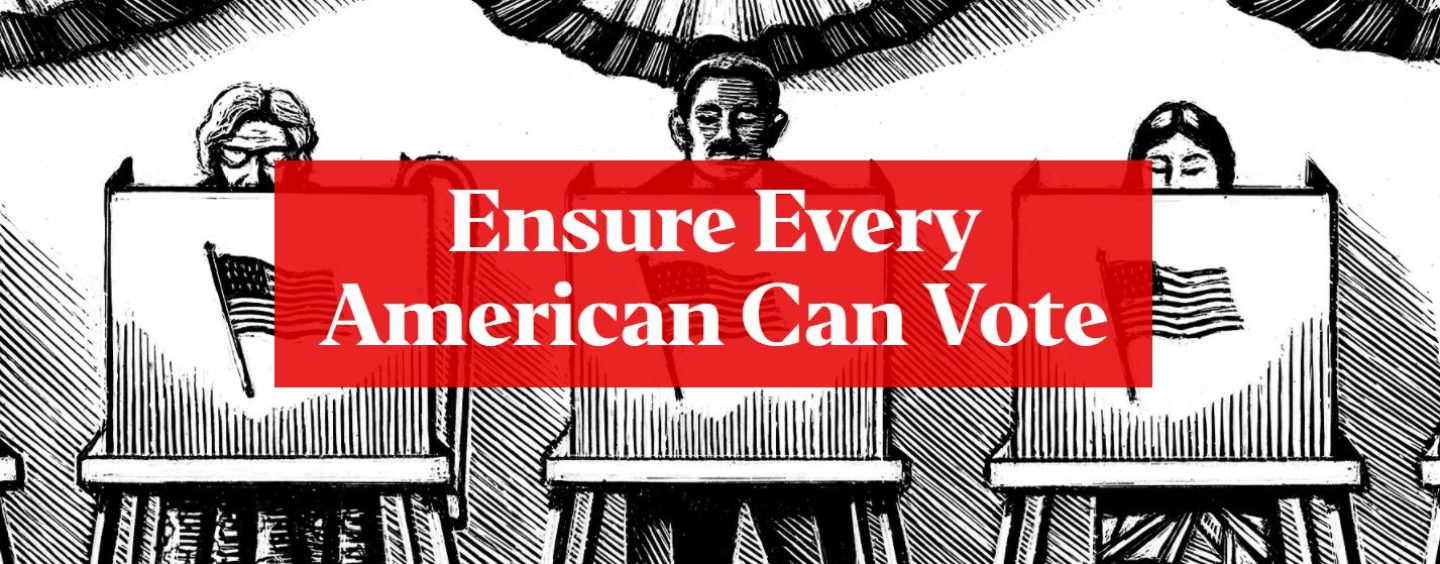 Trump’s Big Lie of widespread voter fraud continues to echo beyond the violent attack on the Capitol. In state legislatures across the country, politicians are capitalizing on his campaign of disinformation to push aggressive legislation to make it harder to vote.
Trump’s Big Lie of widespread voter fraud continues to echo beyond the violent attack on the Capitol. In state legislatures across the country, politicians are capitalizing on his campaign of disinformation to push aggressive legislation to make it harder to vote.
In just the first month of 2021, according to our new analysis, state lawmakers have already introduced 106 bills in 28 states that would restrict voting access. That’s three times as many as this time last year. In Pennsylvania alone, 14 bills have been introduced to curb the vote.
Nationwide, most would limit or eliminate voting by mail and other improvements in voter access made in response to the pandemic. Others, however, would impose stricter voter ID requirements, limit voter registration policies, and allow more aggressive voter roll purges.
Just Monday, Republican legislators in Georgia introduced a bill to effectively eliminate absentee balloting, ban drop boxes, and repeal automatic voter registration.
Subtle, this ain’t.
The new surge in voter suppression bills is a backlash to the historic voter turnout of the 2020 general election. It flows directly from the bid to cut out the votes of majority Black cities during the bid to overturn the results. Politicians who push and support voter suppression aim to rob Black and brown Americans of their say in our democracy.
As my colleague Eliza Sweren-Becker told Vox, “Rather than going out and trying to persuade voters, we’re seeing legislators trying to shrink the electorate in order to ensure job security for themselves.”
Let’s not mince words: if you support voter suppression, you stand with the Proud Boys and their racist authoritarianism.
It’s worth noting that the news from the states is not all bad. So far in 2021, state lawmakers from 35 states have introduced a total of 406 bills that would expand voting access. A significant number of these bills have been introduced in states like Mississippi, Missouri, and Texas, places with a long, sordid history of voter suppression.
These state efforts reflect the widespread support for democracy reform. At the national level, members of Congress are working to pass the For the People Act, a historic bill that, if enacted, would mark a major step toward strengthening America’s elections system.
Our government should be working to dismantle barriers to voting, not adding them.




